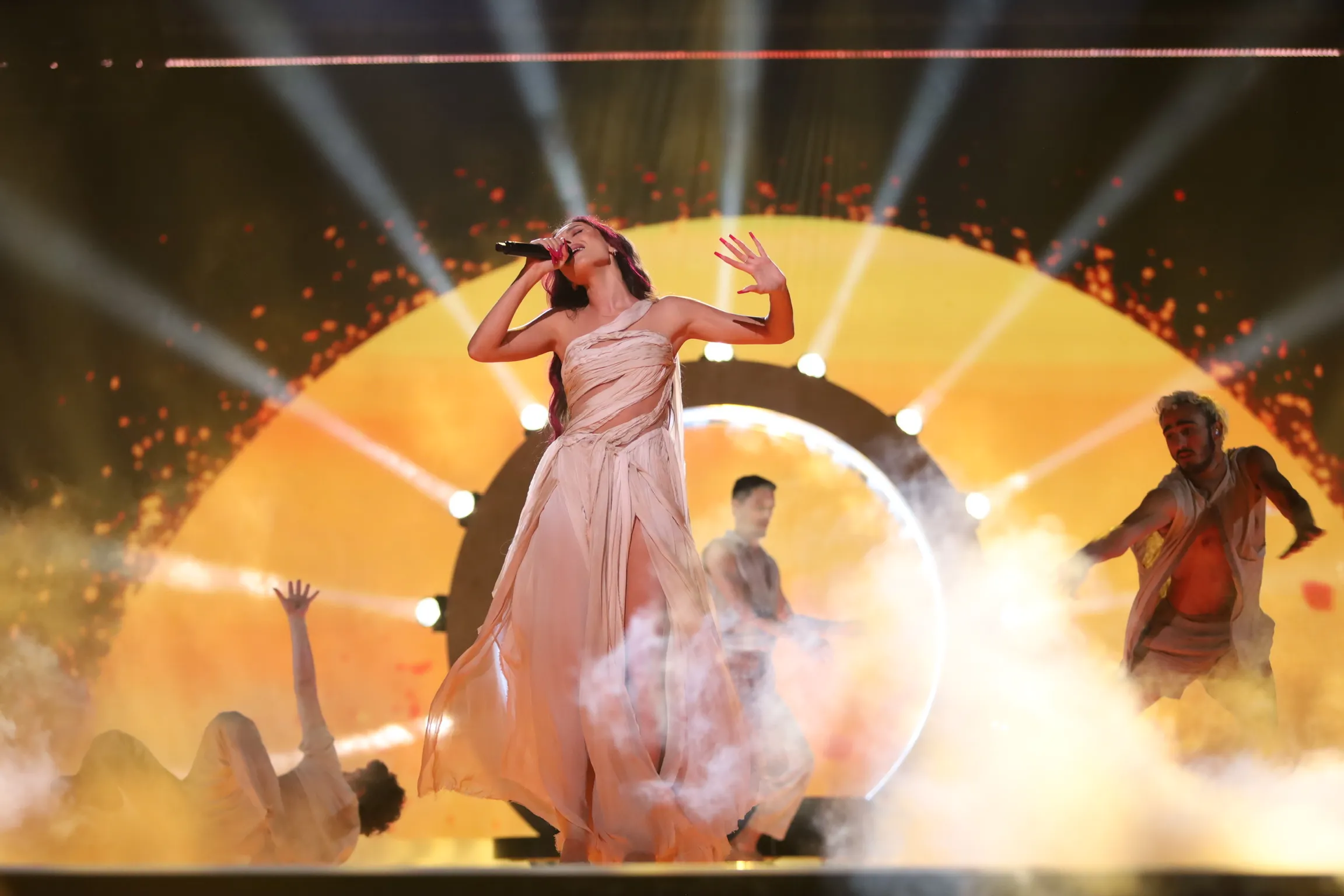The bill introduced by Communications Minister Shlomo Karai and Member of Knesset Tali Gottlieb aims to cut funding for Israel’s Public Broadcasting Corporation (KAN) from the state budget and transfer the management of television and radio to private hands. If the bill is approved, KAN will be sold to private entities and could be shut down by 2025, which could have serious consequences for Israel’s participation in the Eurovision Song Contest.
Reactions and Risks to Press Freedom
This proposal has sparked strong reactions from various groups, including legal institutions and human rights activists. Israeli Attorney General Gali Baharav-Miara has expressed concerns about the implications of this legislation, warning that it is a step that threatens press freedom and journalistic independence. She stated, “The proposal sends a serious message – broadcasts that do not align with the government’s agenda may lead to malicious actions against the media.”
The government, on the other hand, argues that transitioning the telecommunications and media sector to private hands will foster competition and reduce the waste of public funds. Shlomo Karai, the Communications Minister, claims that KAN has become an organization with controversial content and lacking the necessary oversight, which justifies its transfer to private ownership.
Implications for Israel’s Participation in Eurovision
If the proposed bill is passed and KAN is privatized, Israel may lose its right to participate in the Eurovision Song Contest from 2025 onwards. KAN is a member of the European Broadcasting Union (EBU), which is responsible for organizing the contest. According to EBU regulations, a member must have an independent public broadcaster that meets strict criteria for providing quality, independent content, such as news and cultural programming. With the closure of KAN, Israel may no longer meet the EBU’s requirements and could be excluded from the competition.
While a privately managed channel can join the EBU, the requirements for television services from private companies are stricter, demanding the adherence to high ethical standards and the provision of a variety of programming for the public. These requirements may be difficult to meet by existing private channels in Israel.
Support for and Reactions to KAN
On the other hand, KAN has been an important pillar for democracy in Israel, with many of its media outlets offering independent and objective content. The debate over transferring its management to private hands has raised concerns about journalistic independence and the impact such changes could have on the quality of information in Israeli society.
The government and its supporters argue that this change will enhance competitiveness and media freedom, while opponents warn of the risk of media manipulation and the weakening of democratic values in Israel.
EBU’s Response
The European Broadcasting Union (EBU) has expressed deep concern about the Israeli government’s push to pass legislation that could result in the closure of its Israeli member, KAN, and the shutdown of the country’s public service broadcasting. The bill aims to privatize the Israeli Public Broadcasting Institute by ending public funding and seeking a private buyer. If no buyer is found for its TV and radio networks, the public broadcaster could be shut down within two years.
EBU Director General Noel Curran said: “Public service broadcasting in Israel is under sustained political attack, facing threats that not only jeopardize its independence but also its very existence in the future.” Curran noted that the EBU shares the concerns of the Israeli Attorney General’s office, considering this political response from the government might be linked to KAN’s content. He said that the government either wants to take full control or shut down the broadcaster altogether.
Israel’s public broadcaster has been a member of the EBU since 1957, and as a member, it has access to news, sports, and music content from the broad network of European public service broadcasters.
Conclusion
The new privatization law for the Israeli Public Broadcasting Institute brings with it significant political, social, and cultural consequences for Israel. Reactions are strong, with concerns about maintaining journalistic freedom and the country’s participation in important international events like Eurovision. Particularly concerning is the potential risk to Israel’s future participation in the Eurovision contest if the public broadcaster is privatized, which could threaten the country’s position in the competition after 2025.
Israel has officially registered for Eurovision 2025, with its representative to be selected through the talent show HaKokhav Haba.
Stay tuned to Eurovisionfun for all updates!
Source: Euromix, EBU



